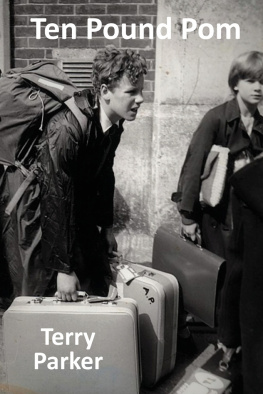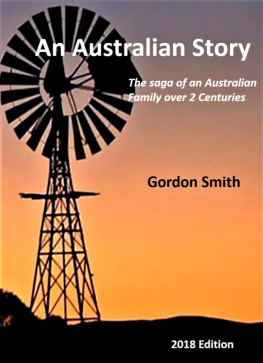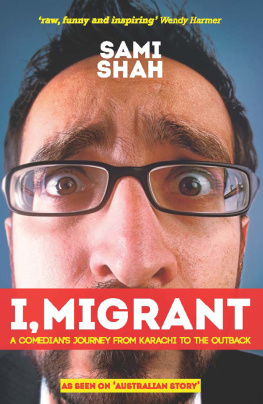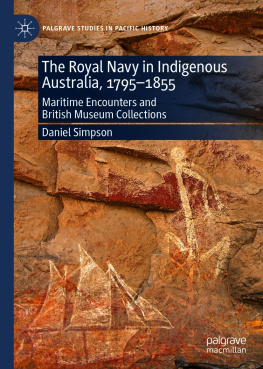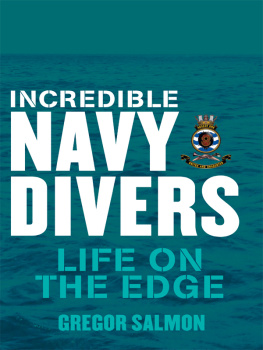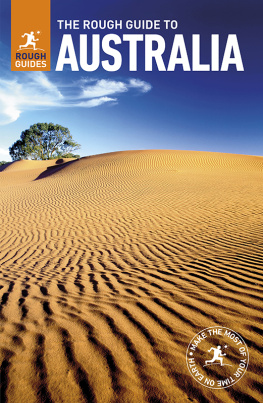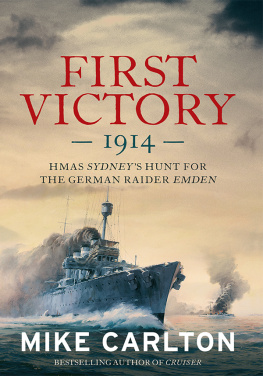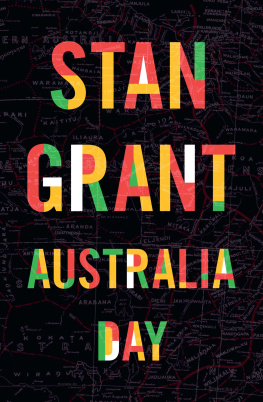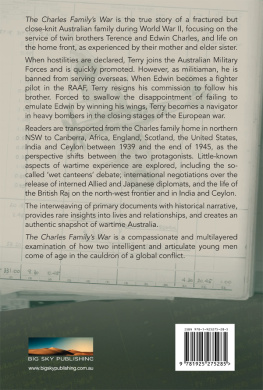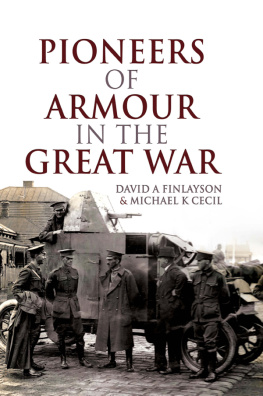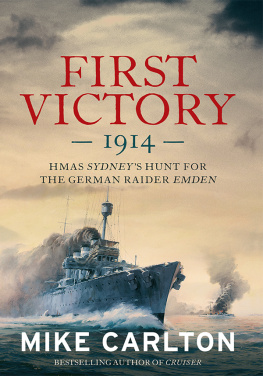
First published by Busybird Publishing 2021

Copyright 2021 Terry Parker
Paperback: 978-1-922465-39-9
Ebook: 978-1-922465-41-2
This work is copyright. Apart from any use permitted under the Copyright Act 1968, no part of this publication may be reproduced, stored in a retrieval system or transmitted in any form or by any means, electronic, mechanical, photocopying, recording or otherwise, without the prior written permission of Terry Parker.
Cover Image: Destination Australia by Marjory Parker
Cover & typesetting: Busybird Publishing
 | Busybird Publishing
2/118 Para Road
Montmorency, Victoria
Australia 3094
www.busybird.com.au |
Dedicated to my family.
My father, Arthur Parker, who had the courage to bring us
from the cold to the warmth.
My mother, Marjory Parker who had the patience and love to
keep the family together.
My brother, Colin and sister, Judith, who have shared much
of my journey.
The surprise packet, Raymond, a brother to be proud of.
And of course, my brilliant wife, Lesley.
Contents
Introduction
T his book is written by a British Migrant, who as a boy of 14, travelled from rural England with his family to settle in Australia. It is a personal account of an early life in North Yorkshire, the familys emigration to Australia in 1964 and my subsequent experience as a young adult in South Australia and New South Wales. The events happened as stated, although the memories may be tinged with a sense of nostalgia.
I have only recently started to think about my heritage and early life. I am not a person to look backwards but as I have previously written several snippets about my past. I thought it worthwhile to join them together, hence this book.
Before we engage in this journey, I feel obliged to declare my allegiances.
On arrival in Australia, I decided that I was an Australian and have maintained that as my primary loyalty, although my thickish Yorkshire accent has often led others to think differently. For example, throughout my Australian Naval College days, I was known as Pom and subjected to many, mostly jovial, taunts. A favourite jibe was to cast doubt on English hygiene.
How do you get a pom out of a car? Throw in a cake of soap (To put the record straight, I have showered at least daily for my entire life in Australia).
What took our family from the insular community of my childhood to Australia? Australia was seen as a land of opportunity and my mother and father wanted their three children to have that opportunity. Secondly, and possibly more importantly, my father, a restless soul, wanted to travel.
He had served as a Royal Marine during the second world war and when he returned to Yorkshire, little had changed. There were some minor inconveniences. For example, food rationing did not finish in the UK until July 1954 when I was four and a half. The effects of the war continued well into the 1950s and beyond. These privations had little effect as Yorkshire folk were very used to going without. Quite a contrast to todays consumer-led society.
Sure, the horses had been replaced by tractors and the towns sold a wider range of product, even French produce, but most villagers rarely ventured into town and bought their basic needs from the local grocer and butcher.
My father met my mother on return from service in 1946. I was born in December 1949, 18 months after they married. A couple of weeks later and I would then have been brought into the world in the next decade. I therefore qualify as a post war baby boomer.
My Dad left the Marines just before I was born and became a Fireman, firstly in keeping fires alight on steam train boilers and later putting out fires as a member of the West Riding of Yorkshire Fire Brigade. Mum became a stay-at-home mum looking after three energetic children, as was the way in those days.
It is important to reiterate that, thanks to my mother and father, I never felt deprived or subservient. I had an idyllic childhood and would not swap it for all the tea in China(a clich that goes back to the tea trade of the 19th century). Yorkshire folk loved their tea and it was the first thing considered in times of strife.
But Australia was the land of opportunity so Dad packed his bags and his three children and in 1964, we headed for Australia. It seems strange today but the only thing we knew about Australia was extracted from The Readers Digest World Atlas. As you will read later, we had no idea where we would end up and in fact Dad changed his mind about our final destination because he knew of somebody who was related to our next-door neighbour.
There are three significant episodes documented in the book. Finsbury Migrant Hostel tested our determination to stay. It was violent, unhygienic, dirty and impossible to leave until enough money was raised for rent elsewhere (Dad had about ten pounds when we arrived in Australia).
Our escape was to Woomera in the South Australian desert and what a privilege it was to live there. I finished school in Woomera and was accepted into the Royal Australian Naval College and further dramatic character building.
If nothing else, this epistle has enabled me to re-evaluate almost forgotten experiences that, in a sense, crafted my character and outlook on the world. In this sense, as the hackneyed phrase goes, Everybody has a book in them.
It surprised me to find in my research that the places and stories of my younger days are much written about. For example, the disused railway tunnel where I overcame my fear of the dark is now quite famous; Woomera where my family lived for eight years is well-documented. Ten Pound Poms like my family have made a significant contribution to Australian life.
Terry Parker
19 November 2020

1
Yorkshire the 1950s
W ith a population as big as Scotlands and an area half the size of Belgium, Yorkshire is almost a country in itself. It has its own flag, its own dialect, its own unique culture and Yorkshire Pudding.
In fact, Yorkshire Pudding is an integral part of the culture. In the 1950s, social status was not bestowed by money or luxury but by the quality of your Yorkshire pudding. This is perhaps a slight overstatement but it signifies the uniqueness of the culture.
Yorkshire is the largest county in England but it is by no means crowded and encompasses some of the most isolated areas in England, particularly in the North.
The people of North Yorkshire are stereotyped as bloody-minded, stoic and minimalistic, and this was certainly true of the people in my early life. You only spoke when you had something to say, said it with a minimum of fuss, and then assumed it to be fact.
On Ilkla Moor Baht at, the national anthem, reflects this attitude. It is short in words, many of which would not be understood by southerners, and fatalistically describes life as sickness, death, subsumption by the earth and recreation as a duck on the dinner table. Thus, the last verse, Then we would ave eaten thee.

